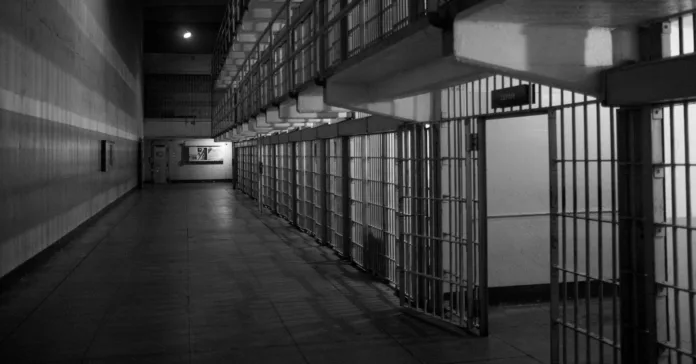David McBride faces imprisonment for his role in revealing alleged war crimes in Afghanistan, sparking debate over press freedom and government accountability
David McBride, a former Australian Army lawyer, has been sentenced to five years and eight months in prison for his involvement in disclosing sensitive information about alleged Australian war crimes in Afghanistan. This case has ignited a significant public outcry over the treatment of whistleblowers and the ethical responsibilities of government agencies.
McBride’s sentencing occurred nearly seven years after the Australian Broadcasting Corporation (ABC) published the “Afghan Files,” a series of investigative articles based on information he provided. These articles detailed alleged misconduct by Australian forces in Afghanistan, leading to a government inquiry that corroborated many of the claims.
Embed from Getty ImagesSupporters of McBride, including human rights advocates and journalists, have criticized the Australian government’s response, arguing that the focus has been more on penalizing the whistleblower than on addressing the war crimes he exposed. “The first person jailed in connection to Australia’s war crimes in Afghanistan is not a perpetrator but a whistleblower. This is a travesty,” stated Rawan Arraf, Executive Director of the Australian Centre for International Justice.
The case has also brought to light the broader implications for press freedom and the protection of journalistic sources in Australia. The sentencing coincides with a decline in Australia’s global press freedom rankings, highlighting concerns about the country’s commitment to journalistic rights and transparency.
As McBride prepares for prison, with parole eligibility set for August 2026, the global community watches closely. The case raises important questions about the balance between national security and the public’s right to know, as well as the treatment of individuals who bring critical issues to light.
Analysis:
The sentencing of David McBride represents a pivotal moment in Australia’s legal and ethical landscape. Politically, it reflects the tension between government control and individual freedoms, illustrating the challenges faced by democracies in managing national security concerns while ensuring transparency and accountability.
Economically, the case could have implications for Australia’s international relations, particularly with allies involved in joint military operations, as it raises questions about the conduct and oversight of overseas engagements.
Sociologically, the backlash and support for McBride highlight a growing public demand for ethical governance and the protection of whistleblowers who expose wrongdoing. The case also underscores the critical role of the press in democratic societies and the need for robust protections for journalists and their sources.
From a security perspective, the incident emphasizes the challenges of handling sensitive information and the potential repercussions for individuals who choose to expose governmental misconduct.
The David McBride case is more than just a legal battle; it is a litmus test for Australia’s commitment to democratic values such as press freedom, transparency, and the rule of law. As the world watches, the outcome of this case could influence future policies on whistleblower protections and press freedom both in Australia and globally.
